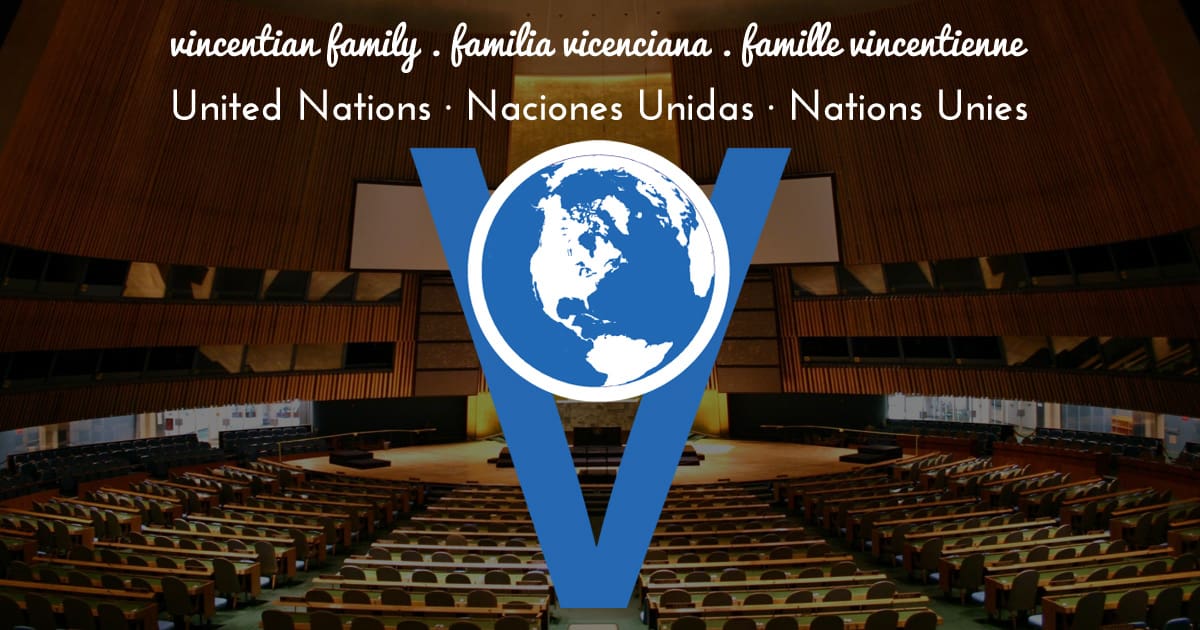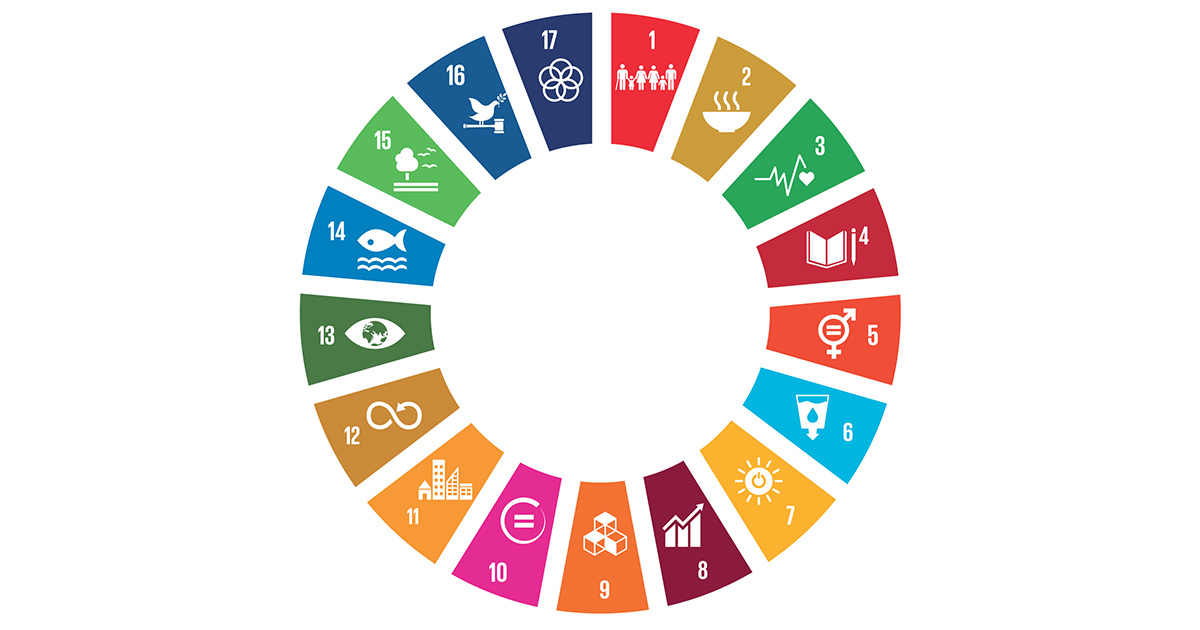Sustainable Development Goals, 1 and 2
SDG1: NO POVERTY
No poverty? For real? For everyone?
Then we can stop here. Why 16 more goals? If no poverty, what a fantastic world!
But no. Poverty encompasses so much, its tentacles reach into so many related issues and problems that are not tangents but causes and results of poverty often at the same time. Just think about poverty and health, housing, clean water, sanitation, jobs, etc. And what about climate change and Mother Earth? If SDG13 (Climate Action) is ignored, why worry about people when the earth might become uninhabitable? No, the SDGs are about People AND the Planet.
Systemic Change thinkers would remind us: everything is connected to everything else, nothing happens in isolation.
SDG1 (No Poverty) posits a broad objective: “Ensuring that the entire population and especially the poorest and most vulnerable have equal rights to economic resources, access to basic services, property and land control, natural resources and new technologies.”
Ensuring these rights for every human being brings us closer to ensuring justice around the world and challenges us to examine how poverty is intricately linked to many social justice issues from gender inequality to poor education systems to environmental degradation.
When 193 countries signed on to this UN 2030 Agenda, they pledged to create sound policy frameworks at the national, regional and international levels, based on pro-poor and gender-sensitive development strategies, with social protection systems and measures, to eradicate poverty.
But still: no poverty. What an amazing thing to ponder.
SDG2: ZERO HUNGER
Along with air and water, is there any need more basic than food?
I think most people would agree that all human beings should have the right to live a healthy, fulfilling and productive life, but this demands good-quality, nutritious food. Yet the UN estimates that “nearly 690 million people are hungry, or 8.9% of the world’s population”, and growing. Especially disturbing when we see how much food is wasted in developed nations (30-40% in the US).
Goal 2 works to end hunger. Period. But to do so, we must not look solely at food itself—actually there is plenty to go around, even globally—but networks of agriculture around the world, how they are transitioning to fit modern needs, and the need to create systems that are profitable and beneficial and sustainable for the global community.
As a target of this SDG, the UN emphasizes the need to improve the productivity and incomes of small-scale farmers by promoting equal access to land, technology and markets, sustainable food production systems and resilient agricultural practices.
Again we find here the interconnectedness of social justice issues: economic justice is related to ending hunger as much as poverty eradication is connected to proper education systems and climate initiatives, our own possibly wasteful behaviors around food, and the harmful effects of subsidized farming by huge agricultural conglomerates.
Prioritizing proper nutrition for all by 2030: a Zero Hunger goal.
WHAT CAN WE DO? We can focus on reality, which Pope Francis reminds us is more important than ideas. And the reality is that too many people in this world are trapped in hard core poverty, and too many are hungry.
These wonderful ideas, all 17 SDGs, must by accomplished by the Member States who signed the UN 2030 Agenda, but since social justice doesn’t appear out of nowhere, or by chance or accident, or by governmental benevolence, it is up to the peoples of the world to insist that their government fulfill its pledge on the issue. For us, learning about the SDGs and understanding their significance is an important first step as together, creatively, we search for the most effective ways to advocate for these aspects of social justice.
Jim Claffey
NGO representative of the CM to the UN








Very convincingly written…
We must be cognizant that COVID-19 is reversing some of the progress that was made on this agenda. 2030 will be here very quickly. Can we hold governments to their promise? A child born today will be in first grade by 2030. How will s/he fair in this increasingly digital world? Will poverty trap him/her, will s/he be hungry, will s/he be locked out of education because of a lack of hardware or access to internet? We need to respond. There is a need for urgency in achieving the SDGs.